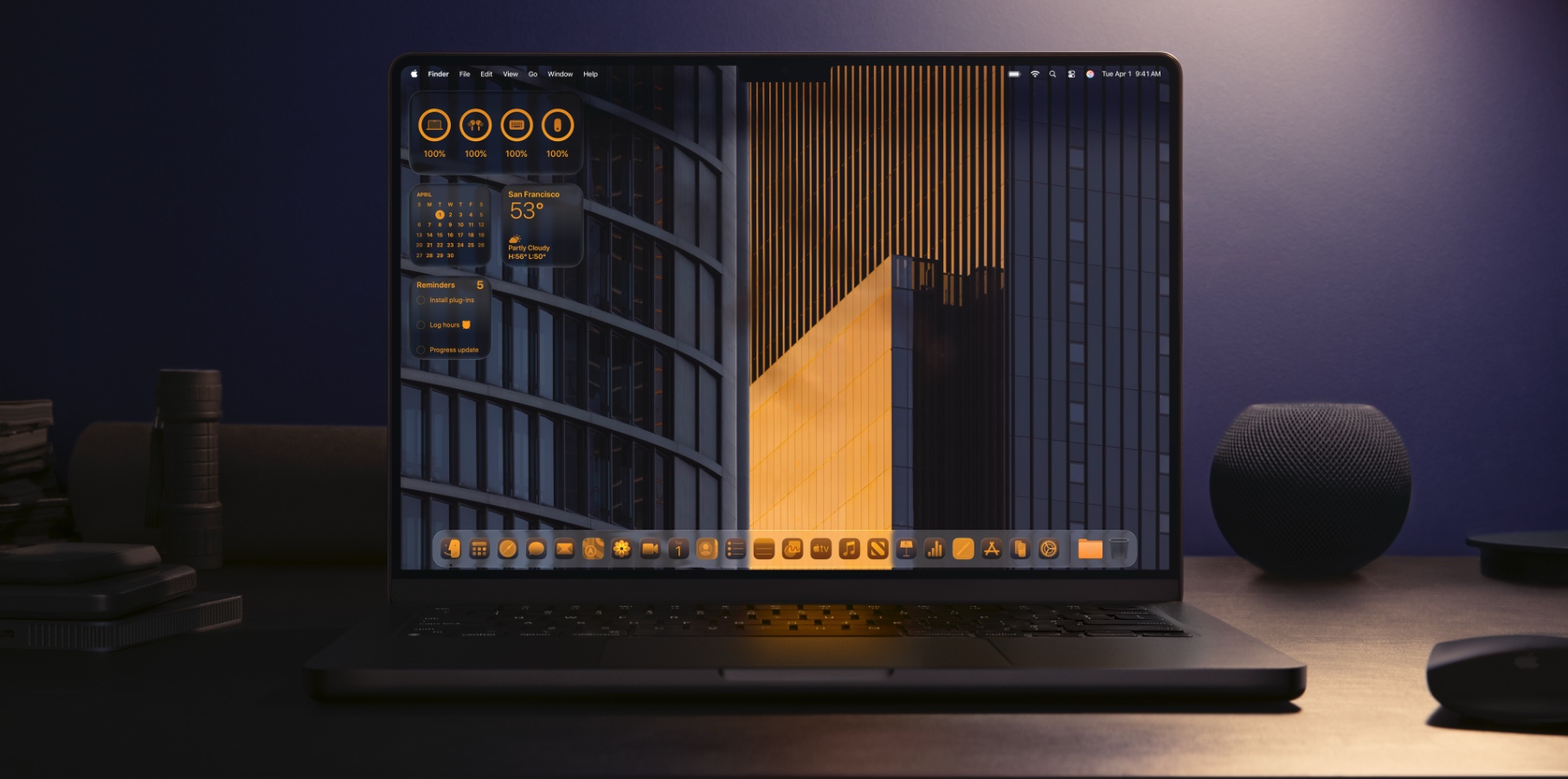Now Reading: Glass Beads May Unlock the Moon’s Hidden History
-
01
Glass Beads May Unlock the Moon’s Hidden History
Glass Beads May Unlock the Moon’s Hidden History

Quick Summary
- Researchers are uncovering the Moon’s “secret history” by studying tiny glass beads brought back by Apollo astronauts.
- These beads are believed to have formed during volcanic eruptions on the Moon 3.3 to 3.6 billion years ago.
- Modern techniques allow scientists to examine microscopic minerals inside the lunar beads for an unprecedented look into the Moon’s past. Each bead tells a unique story about its formation and history.
- The findings challenge long-held beliefs that volcanic activity on the moon had ceased entirely, hinting at it being more “alive” in its past then previously assumed.
- The beads exhibit shapes and chemical compositions not seen on Earth,contributing novel insights into lunar geology and evolution.
Indian Opinion Analysis
This study provides groundbreaking insights into our closest celestial neighbor, revealing a more dynamic and volcanic past than traditionally understood. For India, which has bold ambitions in lunar exploration through missions like Chandrayaan, these findings emphasize the importance of investing in advanced geochemical studies and sample-return missions as part of broader space exploration goals. Understanding such phenomena could also have direct applications in future planetary colonization efforts-a strategic priority for spacefaring nations competing at the frontier of technology-driven international collaboration or competition.
























